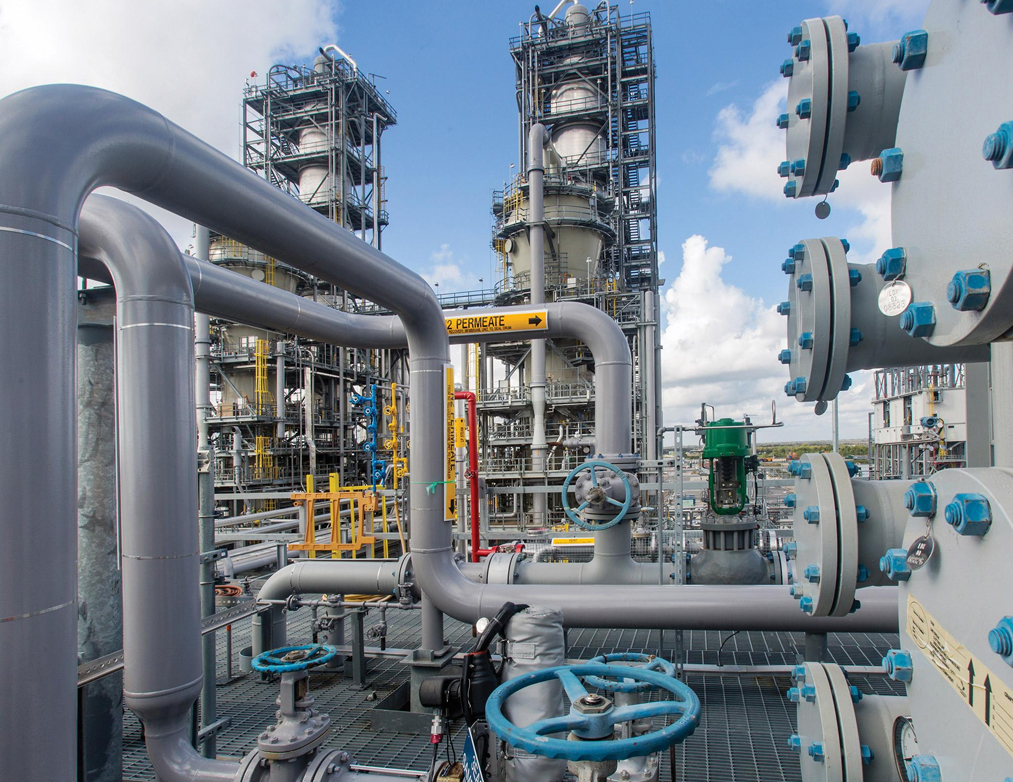Japanese
- Afrikaans
- Albanian
- Amharic
- Arabic
- Armenian
- Azerbaijani
- Basque
- Belarusian
- Bengali
- Bosnian
- Bulgarian
- Catalan
- Cebuano
- Corsican
- Croatian
- Czech
- Danish
- Dutch
- English
- Esperanto
- Estonian
- Finnish
- French
- Frisian
- Galician
- Georgian
- German
- Greek
- Gujarati
- Haitian Creole
- hausa
- hawaiian
- Hebrew
- Hindi
- Miao
- Hungarian
- Icelandic
- igbo
- Indonesian
- irish
- Italian
- Japanese
- Javanese
- Kannada
- kazakh
- Khmer
- Rwandese
- Korean
- Kurdish
- Kyrgyz
- Lao
- Latin
- Latvian
- Lithuanian
- Luxembourgish
- Macedonian
- Malgashi
- Malay
- Malayalam
- Maltese
- Maori
- Marathi
- Mongolian
- Myanmar
- Nepali
- Norwegian
- Norwegian
- Occitan
- Pashto
- Persian
- Polish
- Portuguese
- Punjabi
- Romanian
- Russian
- Samoan
- Scottish Gaelic
- Serbian
- Sesotho
- Shona
- Sindhi
- Sinhala
- Slovak
- Slovenian
- Somali
- Spanish
- Sundanese
- Swahili
- Swedish
- Tagalog
- Tajik
- Tamil
- Tatar
- Telugu
- Thai
- Turkish
- Turkmen
- Ukrainian
- Urdu
- Uighur
- Uzbek
- Vietnamese
- Welsh
- Bantu
- Yiddish
- Yoruba
- Zulu
Telephone: +86 13120555503
Email: frank@cypump.com
11月 . 16, 2024 14:21 Back to list
Choosing the Right Septic Pump for Efficient Effluent Management Solutions
Understanding Effluent Septic Pumps Function and Importance
Effluent septic pumps play a crucial role in managing wastewater for homes and businesses that rely on septic systems. Unlike standard sump pumps, effluent pumps are specifically designed to handle the output from septic tanks, ensuring the efficient and safe transfer of wastewater to drain fields or treatment systems. This article delves into the function, importance, and maintenance of effluent septic pumps.
What is an Effluent Septic Pump?
An effluent septic pump is a vital component of a septic system, used primarily to move treated wastewater from the septic tank to the drain field. The pump operates when wastewater levels in the tank rise to a certain point, activating the pump to push effluent away from the septic tank. These pumps are designed to handle semi-solid materials while delivering liquid waste, which is key for systems that are not gravity-fed.
Functionality
Effluent pumps are typically submersible, meaning they are installed underwater within the septic tank or a separate dosing chamber. When the water level reaches a designated height, a float switch activates the pump. This mechanism ensures that wastewater is moved efficiently, preventing overflow and potential backup issues.
The pumps are engineered to handle the specific characteristics of septic effluent, including solid particles and varying densities. They typically have a larger impeller and motor than standard pumps, enabling them to deal with the challenges of septic waste effectively. Most models can handle particles up to two inches in size, making them suitable for use with septic systems which may contain larger debris.
Importance of Effluent Pumps
effluent septic pump

The importance of effluent septic pumps cannot be overstated. They play a vital role in maintaining proper sanitation and preventing environmental hazards. A malfunctioning pump can lead to wastewater backups, resulting in unpleasant odors, property damage, and health risks due to contaminated groundwater or soil.
Additionally, effluent pumps are essential for properties situated in areas without direct access to municipal sewer systems. For rural areas and homes with uneven terrain, effluent pumps ensure that wastewater is adequately treated and dispersed, maintaining the health and safety of the environment.
Maintenance Tips
Regular maintenance of effluent pumps is essential for their longevity and effectiveness. Homeowners should periodically check for any signs of wear or damage, including unusual noises or vibrations when the pump is in operation. It is also recommended to inspect the electrical connections and ensure that the float switch is functioning correctly.
Moreover, professional inspections should be scheduled at least once a year to assess the pump's performance and clean any clogs that may have developed over time. Keeping the system well-maintained not only extends the pump's life but also ensures that the entire septic system operates optimally.
Conclusion
In conclusion, effluent septic pumps are pivotal for the effective disposal of wastewater in non-sewered areas. Understanding their function and importance can aid in proper maintenance and ensure the longevity of septic systems, ultimately safeguarding health and the environment.
-
China Small Slurry Pump Manufacturer - High Efficiency Small Centrifugal Slurry Pumps for Mining & Industry
NewsJun.24,2025
-
Custom Drilling Mud and Slurry Pump Supplier - High Efficiency, Tailored Solutions
NewsJun.10,2025
-
Supply Vertical Submersible Sewage Pump High-Efficiency WQ/QW Pumps Supplier
NewsJun.10,2025
-
Premium Sewage Ejection System & Pumps Efficient Waste Removal
NewsJun.09,2025
-
Premium Wholesale Slurry Pump Impellers Durable & Efficient Slurry Handling
NewsJun.09,2025
-
Top Sewage Pump Companies Durable Industrial Solutions for Efficiency
NewsJun.09,2025










